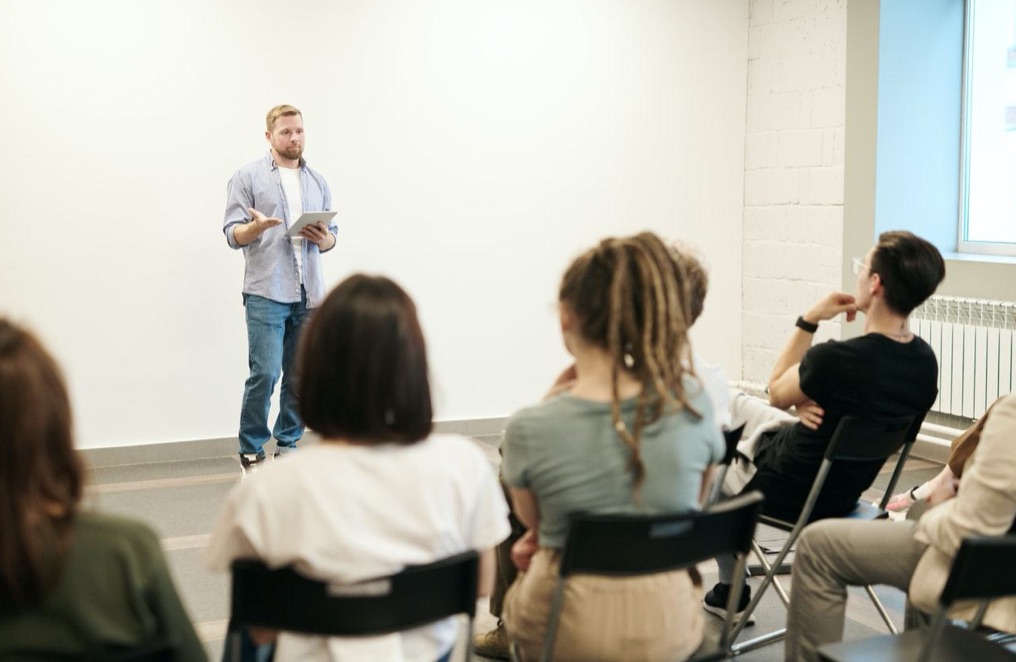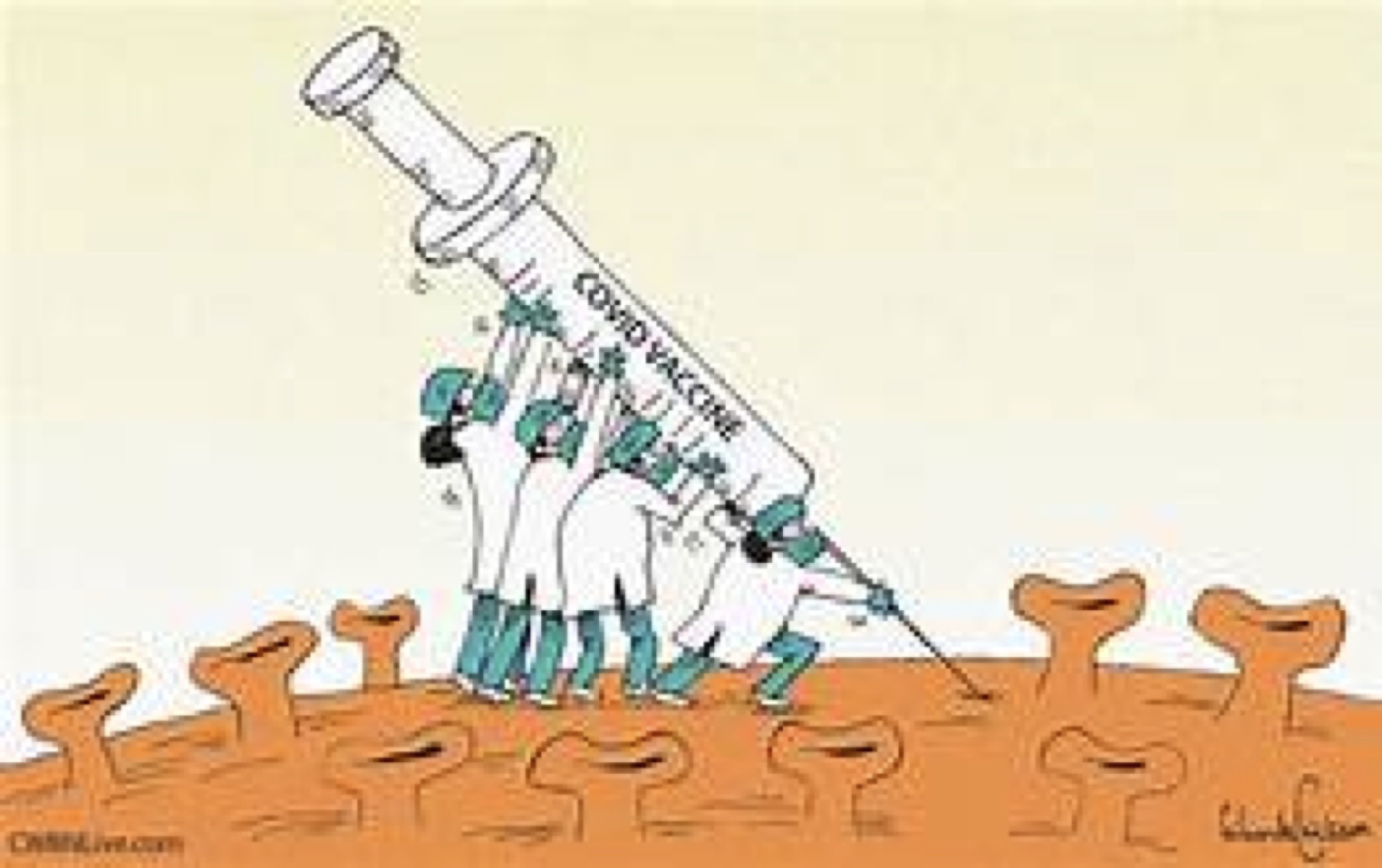
How Teachers Should Educate Students About Vaccinations by Amanda Winstead is a resource that all teachers can use as they work to build vaccine awareness and knowledge. Since this is such a hot topic, students will likely have a level of interest that you can leverage to help them learn and grow in many ways. Thanks, Amanda.
Introduction
- The COVID-19 pandemic has impacted various areas of education. The most prevalent is how to safeguard students’ and teachers’ health while maintaining in-school teaching. Thankfully, the rollout of vaccines is starting to provide a tool to support this. These are available at the moment to adults and as such are primarily keeping teachers and students over 12 from experiencing the worst effects of the virus. However, the Food and Drug Administration (FDA) is currently reviewing vaccines for children. These are likely to become a reality for all students soon.
- All this means vaccines are a timely topic for discussion in schools. There is a toxic culture of misinformation surrounding the efficacy and safety of these important health tools. While current levels of cynicism have reached new heights, this is nothing new. The anti-vax movement has long cast unnecessary and inaccurate doubt on vaccines of all kinds. It’s vital, therefore, that teachers become reliable sources of factual and scientific information on vaccines in general.
- Let’s look into a few of the approaches you can use to have a positive impact on students during this time.

Use the Curriculum
- Students are being surrounded by all kinds of information outside of school. What they don’t need from educators is another opinion on the subject. They need facts to help inform their knowledge about the efficacy and usage of the vaccine. A good way to approach this is by framing it within the context of their usual curriculum.
- Biology classes are an important forum to present the scientific case for vaccination. Talk about the basics of how vaccines work as a way to prepare the body for the presence of a virus. Introduce them to the range of vaccines provided as standard for most children. Explore the role vaccines have in addressing illnesses like measles, tetanus, and polio. For slightly older students, it can be interesting to introduce the process of vaccine development. Go through testing and approval. This not only gives them a scientific understanding of vaccines but also helps to dispel fears about any risks involved.
- However, science-based classes are not the only area of curriculum you can provide vaccine information. History classes exploring the development of the first vaccines by Edward Jenner can provide both background knowledge and perspectives of the way vaccines have improved our society. This doesn’t require you to rely on opinions about efficacy. There are objective facts you can provide about mortality and illness rates before and after the introduction of vaccines. Consider not just how to provide better vaccine information to your students but also how to incorporate it as part of their wider learning.
Make It a Discussion
- Let’s face it, students rarely like to be dictated to. It doesn’t matter whether this comes from teachers, parents, or other authority figures. In all cases, it can elicit a frustrating sense of belittlement. It’s no different when it comes to the subject of vaccines. Instead of approaching vaccine education as something simply to be lectured on, get them involved in a more collaborative discussion.
- As with any debate, it’s important to set boundaries. Provide clarity on respecting viewpoints and giving one another chances to speak. Make it clear that you will be facilitating their thoughts and ideas while not offering opinions of your own. It can be a wise option to clarify that the discussion is about vaccines in general. This can ease the tension of contemporary issues and open the floor to a wider discussion. Alternatively, you can provide a platform for questions to be submitted anonymously. Use a physical question box or online collaborative classroom software. Use these as the grounds to start structured debates to provide purely fact-based responses.
- One of the most important uses of this type of discussion is it can highlight where the problematic areas of their vaccine knowledge are. The types of questions, arguments, and opinions offered can pinpoint what the most important areas of educational focus are. It tells you where additional factual resources might be required to give students the data they need to make informed decisions. It also gives you insights into their fears and what types of reassurance they might need.
Give Them the Tools
- At its most effective, education is about empowering students to be arbiters of their learning. Sometimes the best gift you can give your students is the resources to follow their curiosity. The same approach applies to vaccine education.
- One of the most important resources you can provide here is access to experts. Invite local public health professionals into the classroom to participate in discussions. Epidemiologists, in particular, have expertise in the analysis of the state of public health events, communicate protocols and factual data clearly, and often choose to specialize in infectious diseases. They will have access to the latest data on various illnesses and current vaccine safety information. As they are committed to improving public health, they are likely keen to engage with your students in meaningful and scientifically supported ways.
- Alongside introducing them to sources of information, you should teach them to treat the information they gather appropriately. Show them responsible research techniques. Introduce them to activities to help them recognize credible sources of news and information. Highlight the questions they should be asking before trusting an article, research paper, or a statement by a public figure. Make sure they don’t just apply these in the outside world but in the classroom. Encourage them to question you if they feel the scientific or factual information in lessons isn’t solid. In essence, help them to become more discerning citizens.
Conclusion
- Vaccines are among our most important health tools, even aside from the COVID-19 pandemic. It’s important to make sure students receive practical and accurate education on the topic. Work to make it a relevant part of the current curriculum and wherever possible encourage discussions on the matter. It is important to help your students to become more empowered researchers so they can make informed decisions going forward. As a teacher, you are uniquely positioned to make a positive difference in your students’ lives.
Amanda Winstead
- Amanda is a freelance writer out of Portland focusing on many topics including educational technology. Along with writing she enjoys traveling, reading, working out, and going to concerts. If you want to follow her writing journey, or even just say hi you can find her on Twitter.
DrDougGreen.com If you like the summary, buy the book





